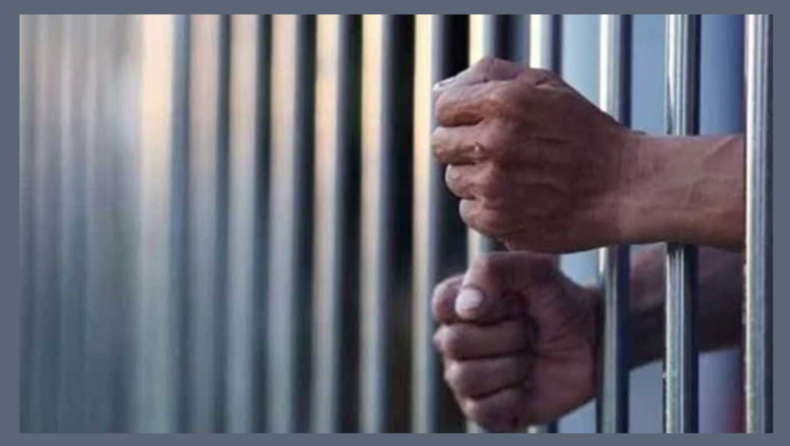The court said there were only discussions about what was happening in India and around the world and the suggestion that people should work for Islam could not be seen as an offense and the accused of UAPA were granted bail by the Bombay High Court.

Bombay High Court on Monday granted bail to Mohammad Raisuddin, a man arrested under the Prevention of Illegal Activities Act (UAPA) in 2016 for alleged links to the Islamic State. (ISIS). [Mohammad Raisuddin c. NIA & Ors]
According to judges Revati Mohite Dere and VG Bisht, an oath allegedly signed by the petitioner, which the prosecution alleges testified of allegiance to a terrorist organization, does not appear incriminating.
“Even the reading of the oath (Baith) supposedly written by the appellant, at the highest level, appears to be a statement accepting an Abi Bakar Al Baghdadi Al Hussaini Al Quraishi as the ‘caliph’ of the Muslims.
At first glance, the reading of the oath spoken (Baith) does not seem accusatory,” they said.
The Supreme Court appellant sought to overturn a 2019 National Investigation Agency (NIA) special court order denying his bail application.
The accusation was based on conversations the caller had with four other people about threats to Islam, IS actions, and other issues such as the beef ban, communal riots, and injustice. public to Muslims in Palestine, etc.
According to eyewitness accounts, the caller would inspire them to work for Islam, alluding to these incidents.
Special Prosecutor Aruna Kamath Pai objected to the appeal and said there was no need to interfere with the court order as there were serious charges against the appellant. She argued that delaying the start of the trial was not a basis for releasing the appellant.
According to the appellant, there is no legal evidence linking him to the alleged crime. His lawyer denied that his client wrote or signed an affidavit (Baith) swearing allegiance to the leader of the Islamic State, based on which he was arrested.
Since he has been in custody since 2016 and none of the 550 witnesses in the case have been interviewed, he claims the trial will likely take a long time to begin and therefore pray. bail.
The court noted that the prosecution, in its indictment, did not bring up the alleged WhatsApp chats accused of linking the defendant with the offenses.
“It should be noted that, admittedly, no WhatsApp chats were created by the prosecutor in their indictment, so no light has been shed on the nature of the conversations chat/chat/messages allegedly given by one of the defendants, so in effect, witness statements only show that a WhatsApp group has been formed, without any proof Any support, can not be relied on.
It also found that the alleged discussions between witnesses and defendants were not intended to incite any crime or insurrection.
“The above-mentioned defendants have jihadist or fundamental tendencies are the witnesses according to the perception.
All affidavits, if read, indicate that they relate to discussions and discussions that have taken place between the defendant and the witnesses.
In terms of it, there is no indication that the appellant has incited any crime or rebellion, or that he supports violent responses,” he commented.
She, therefore, concluded that the statements made during the discussions could not be considered accusatory.
“From reading said statements, it can be reasonably concluded that at the highest level what has happened is mere talk of what is happening in India and around the world. and everyone should work for Islam.
Preliminary statements cannot be taken as accusations.” the court said.
Given the number of witnesses to be questioned, the Court concluded that the trial would take time to begin.
Therefore, taking into account the evidence, the seriousness of the charge, and the length of detention served by the appellant, the Court granted the release of the UAPA accused under certain conditions.
Lawyers Mubin Solkar, Aamir Sopariwala, and Abdul Raheem Bukhari appeared for the appellant.













